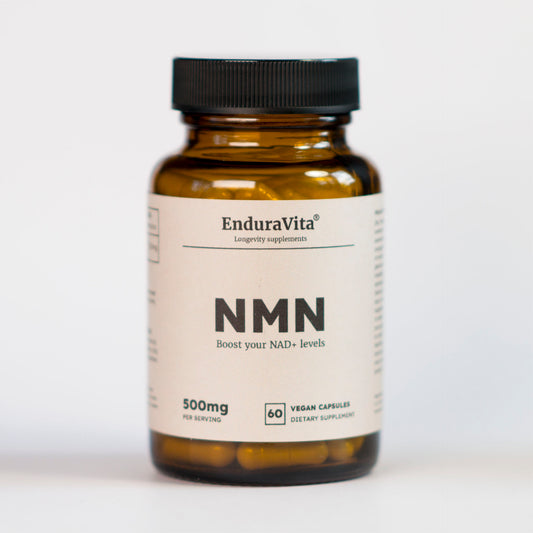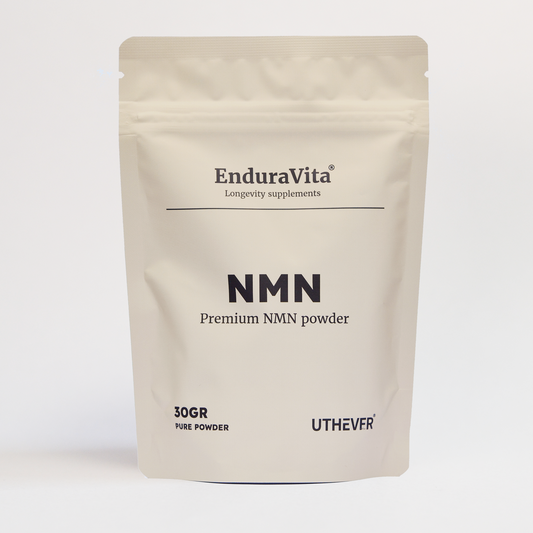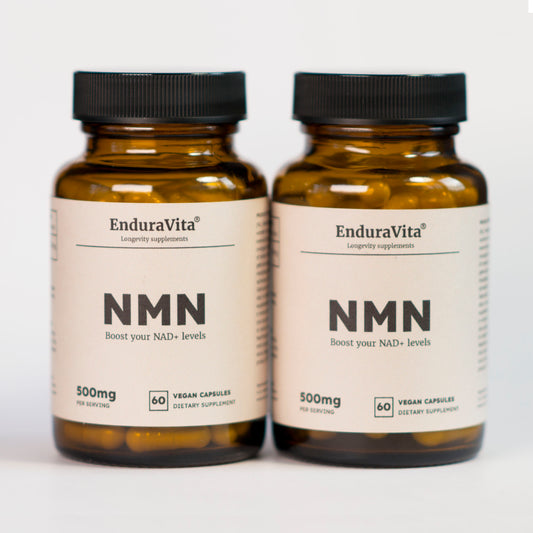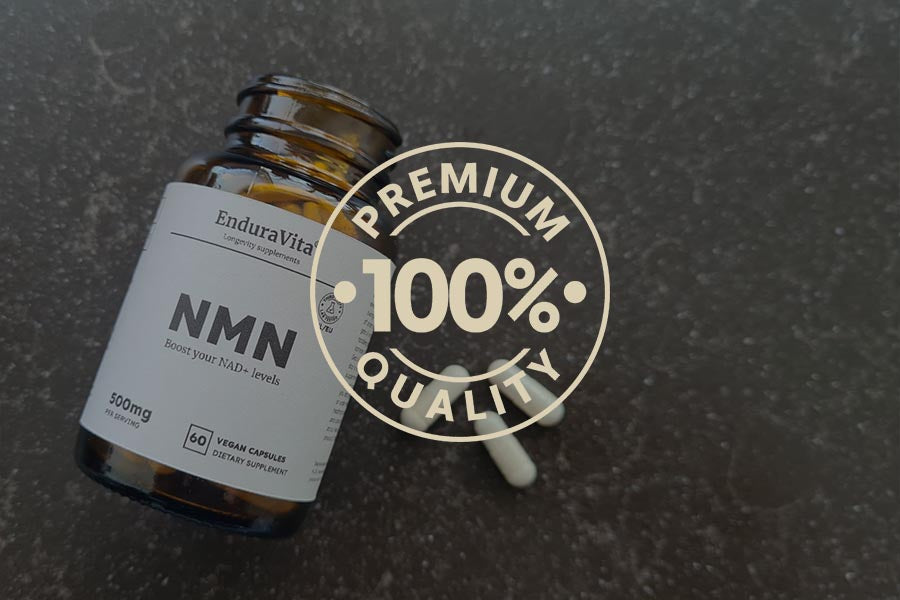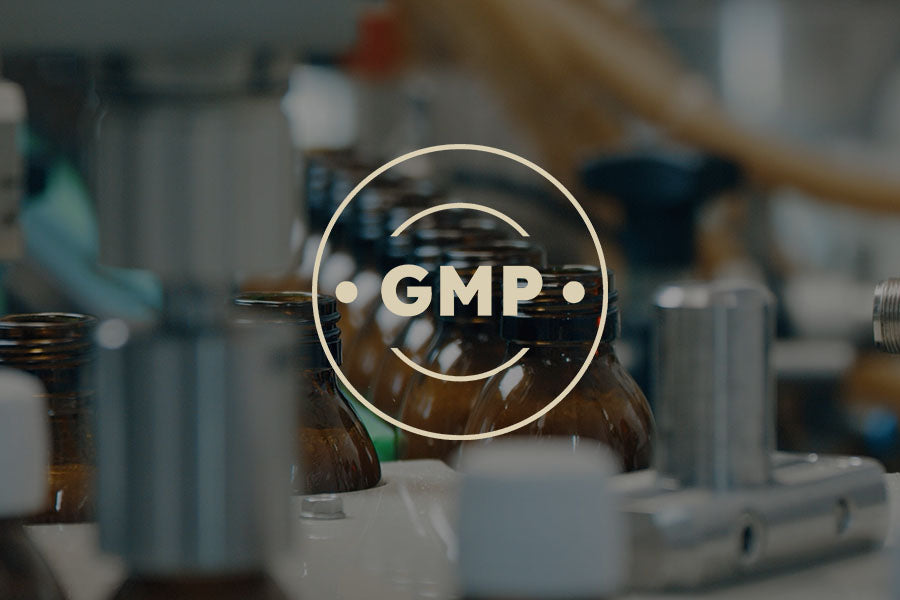
What are the effects of oxidative stress on your health?
Oxidative stress has serious consequences for health. When the body is insufficiently able to repair the damage caused by free radicals, the consequences can worsen.
Inflammations due to stress
Oxidative stress can contribute to inflammation in the body. This occurs especially in the joints, muscles, and tendons, where free radicals damage the cells. These stress-induced inflammations can lead to pain complaints, stiffness, and an increased risk of chronic conditions such as arthritis.
Increased health complaints
Prolonged oxidative stress increases the risk of serious health problems, such as cardiovascular diseases, neurodegenerative disorders like Alzheimer's disease, and even some forms of cancer. The body's ability to heal and protect itself is weakened by the excess of free radicals.
What can you do against oxidative stress?

Fortunately, there are several ways to reduce oxidative stress and limit the damage it causes. The key lies in promoting a healthy lifestyle and supporting the body with antioxidants.
Healthy lifestyle
- Healthy food: A diet rich in antioxidants, such as vegetables, fruits, nuts, and seeds, helps the body neutralize free radicals. Foods like blueberries, broccoli, and spinach are known for their antioxidants.
- Movement: Regular physical exercise stimulates the production of antioxidants and reduces the negative effects of free radicals.
- Avoidance of harmful substances: Limiting exposure to tobacco, alcohol, and pollution helps reduce the burden of free radicals.
- Stress Management: Techniques such as meditation, breathing exercises, and yoga can help limit the amount of free radicals caused by stress. Improving sleep habits is also important.
Resveratrol supplements
In addition, antioxidants in supplement form, such as Resveratrol, can support the balance between free radicals and antioxidants. Antioxidants play a crucial role in neutralizing harmful substances that can cause cell aging and damage. The effects of Resveratrol are especially known for supporting cell health and counteracting oxidative stress, which can contribute to a slower aging process. Curious about how you can use Resveratrol to reduce oxidative stress? Check out our Resveratrol supplements.

